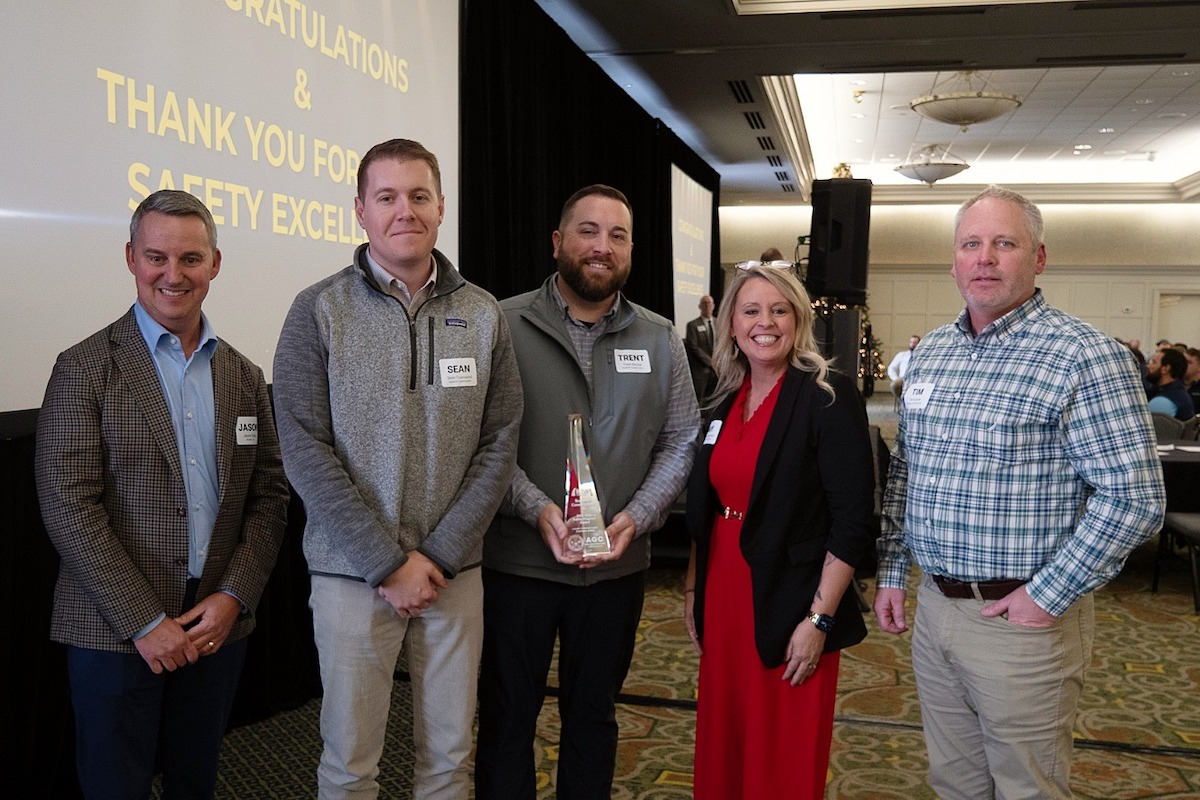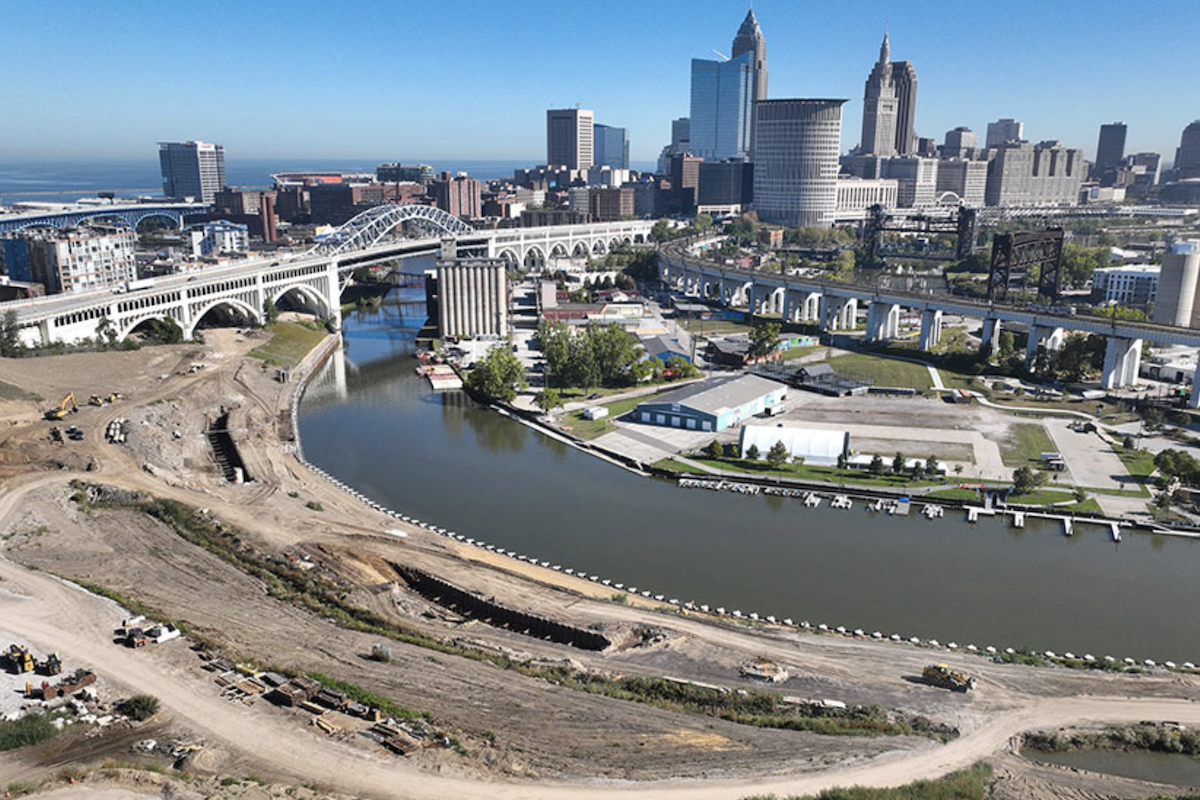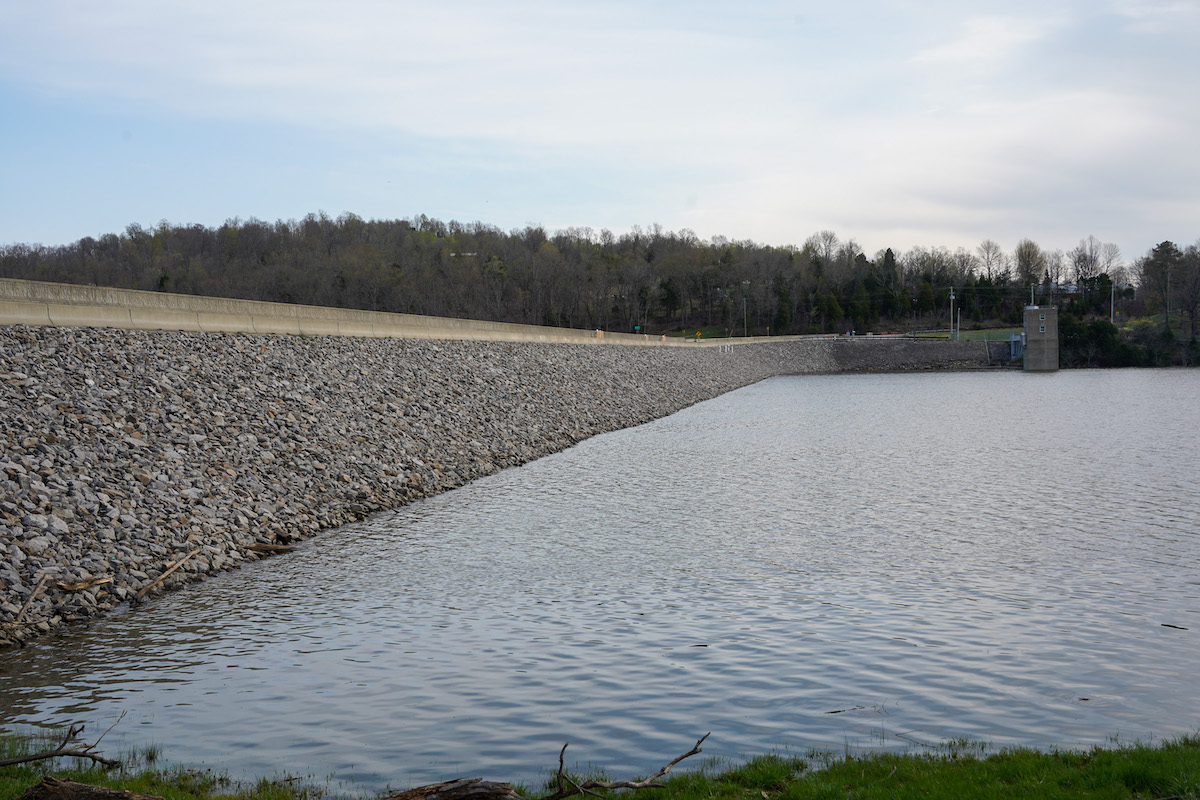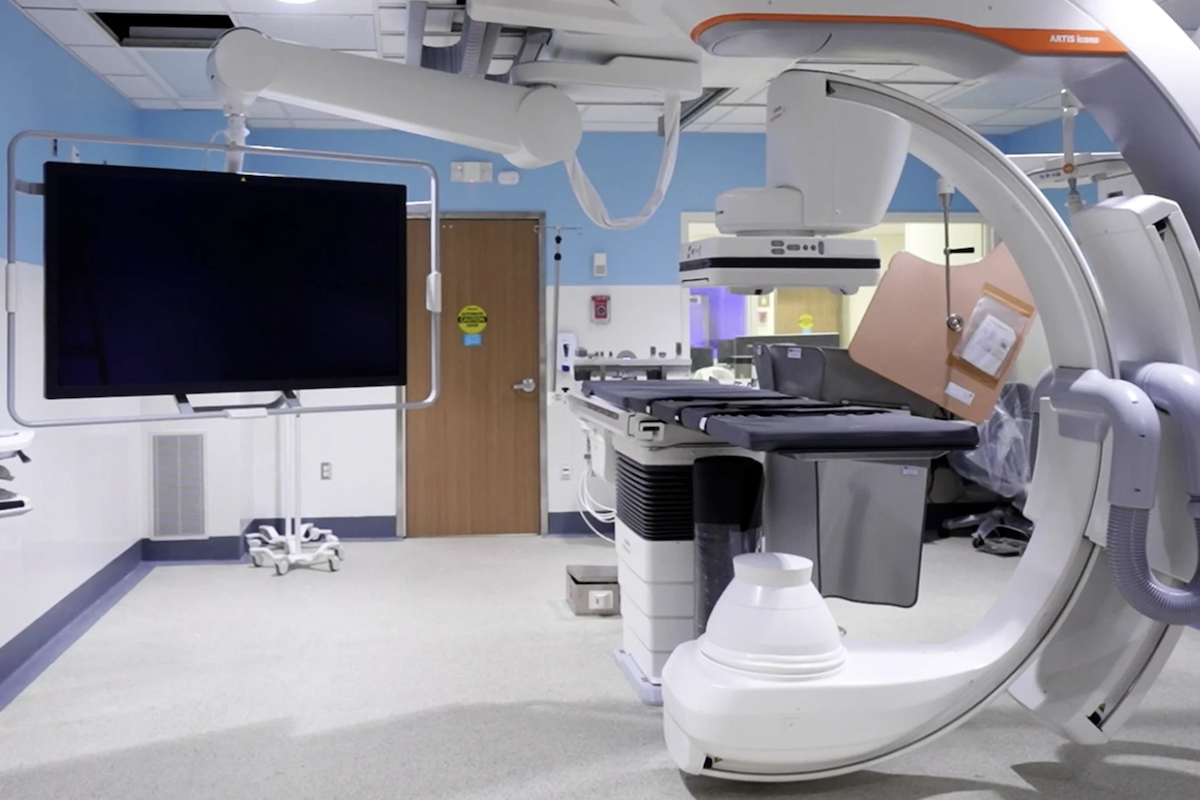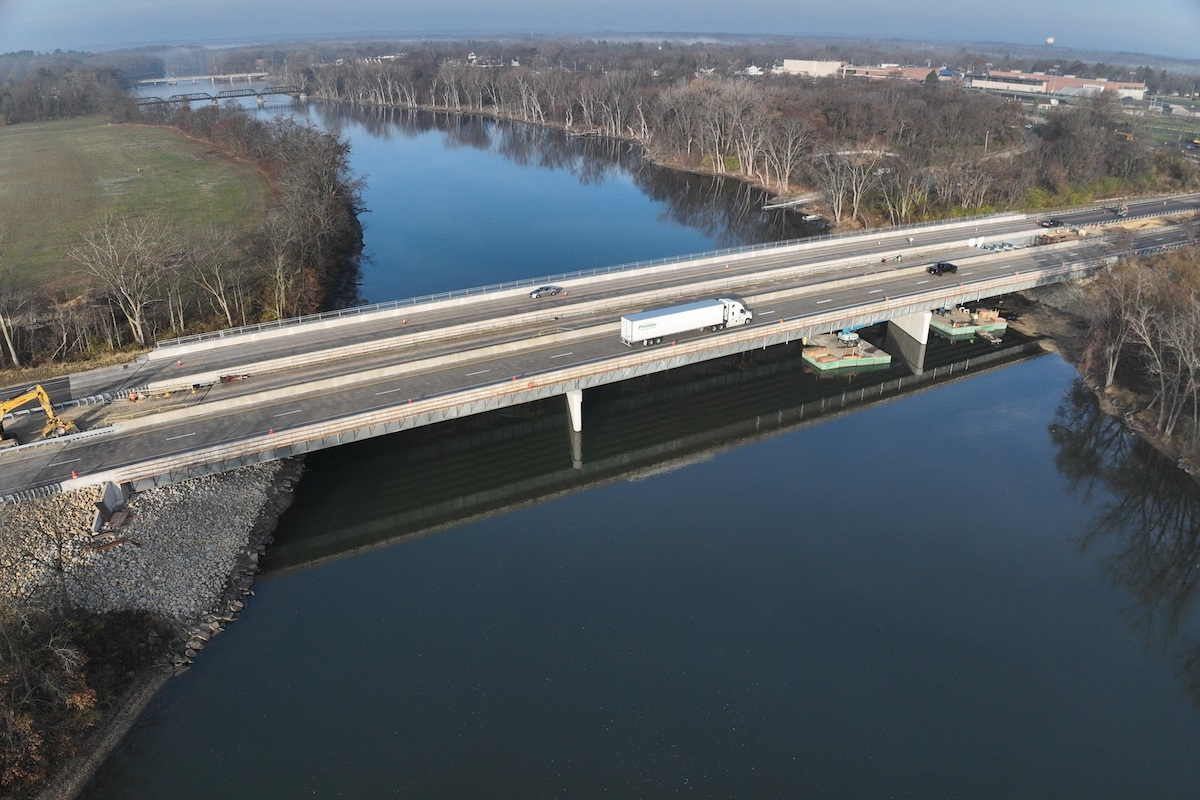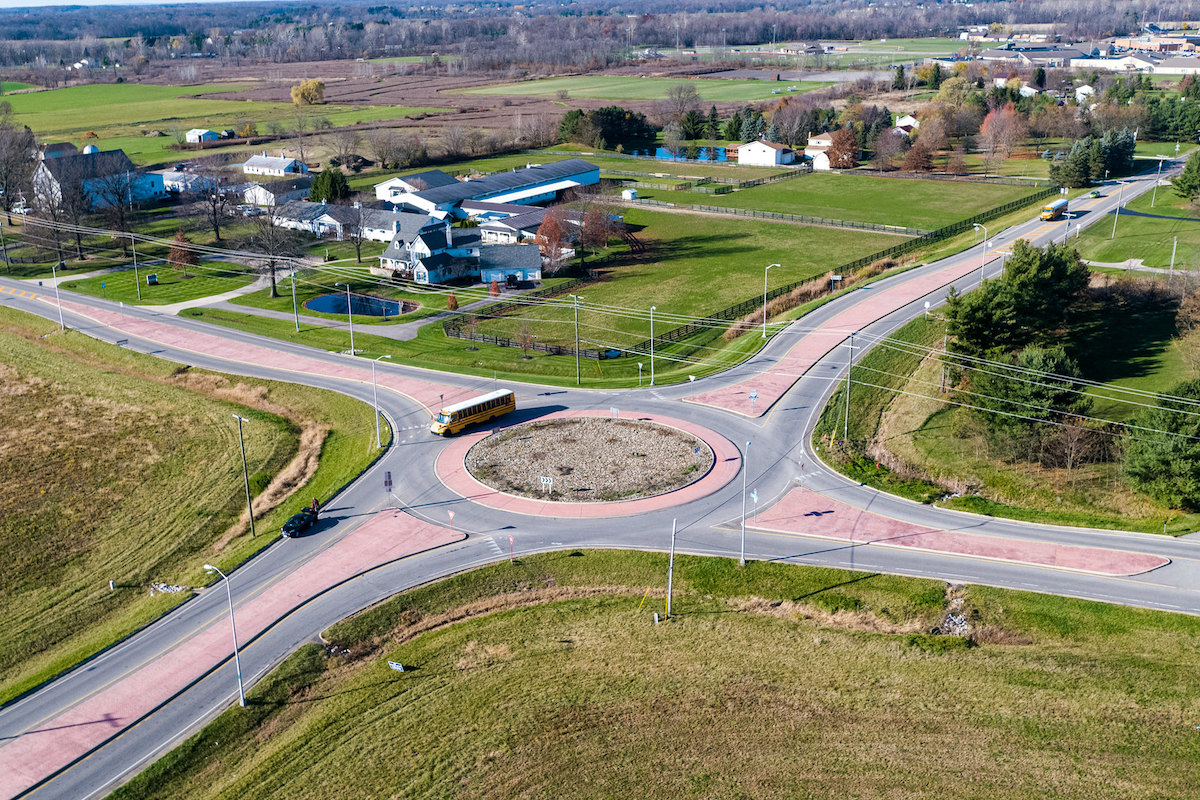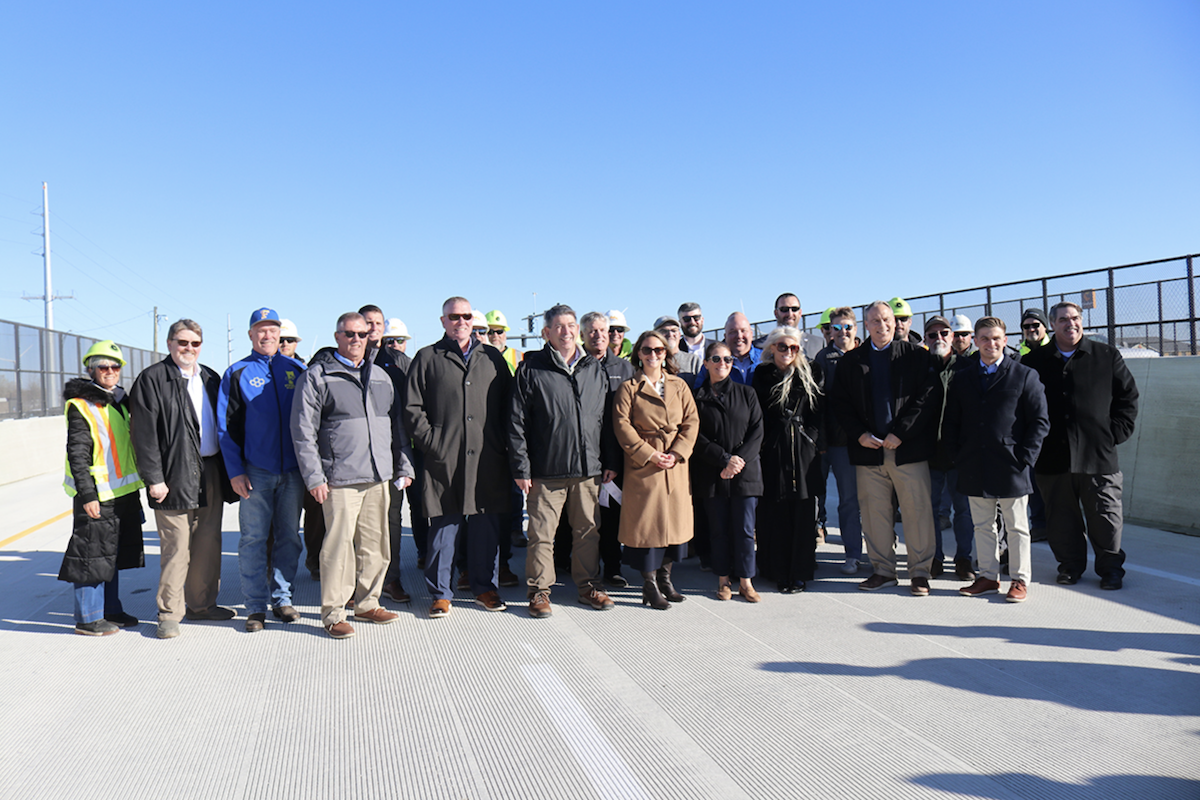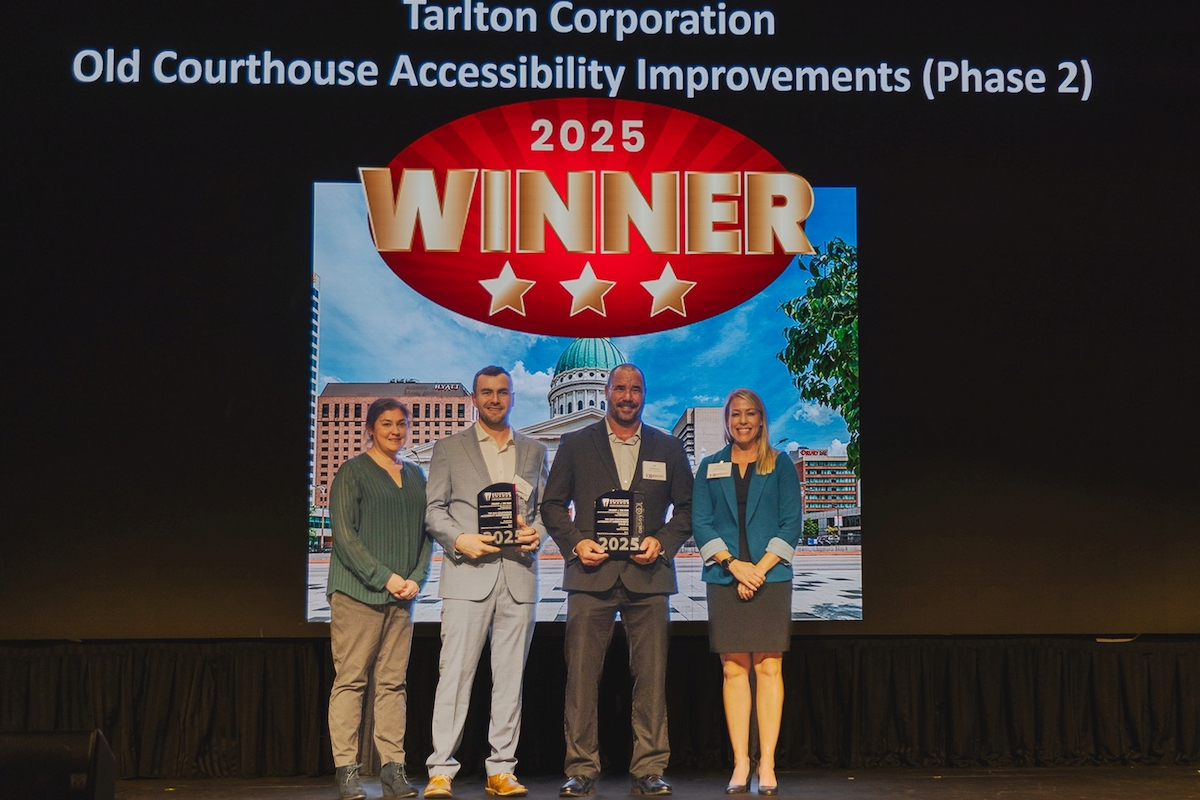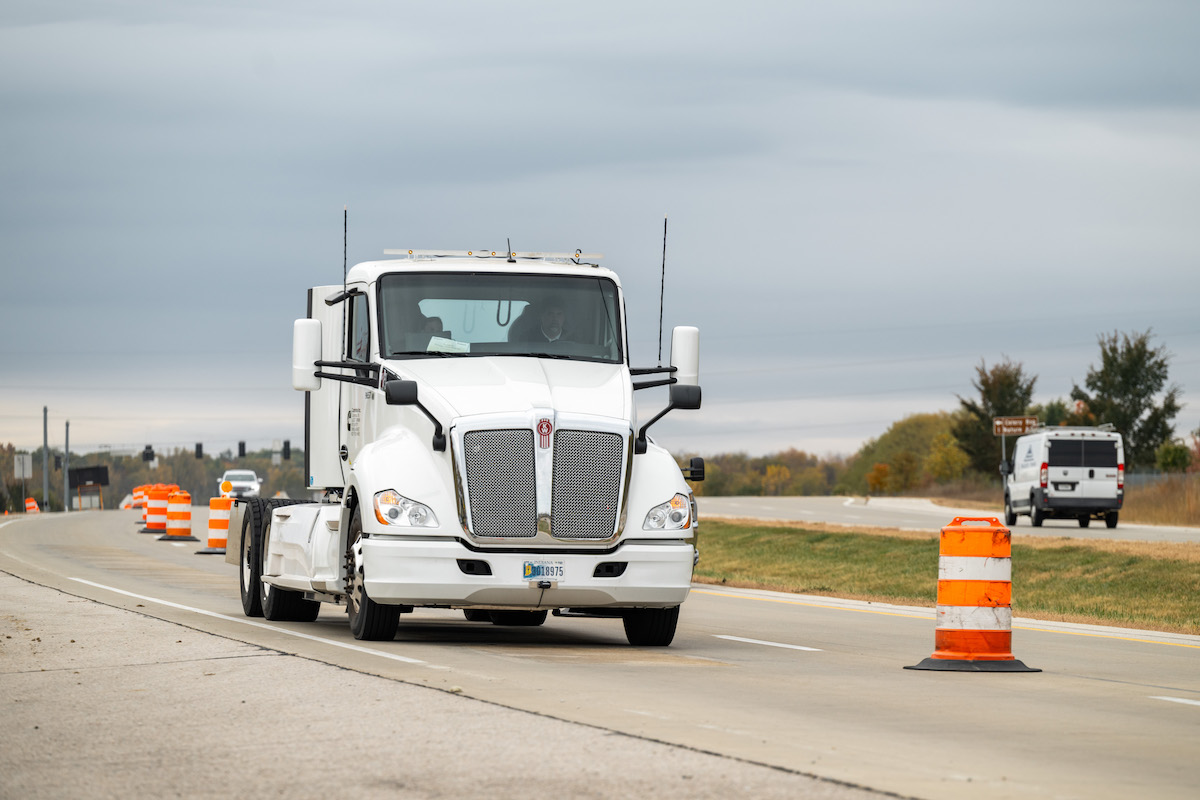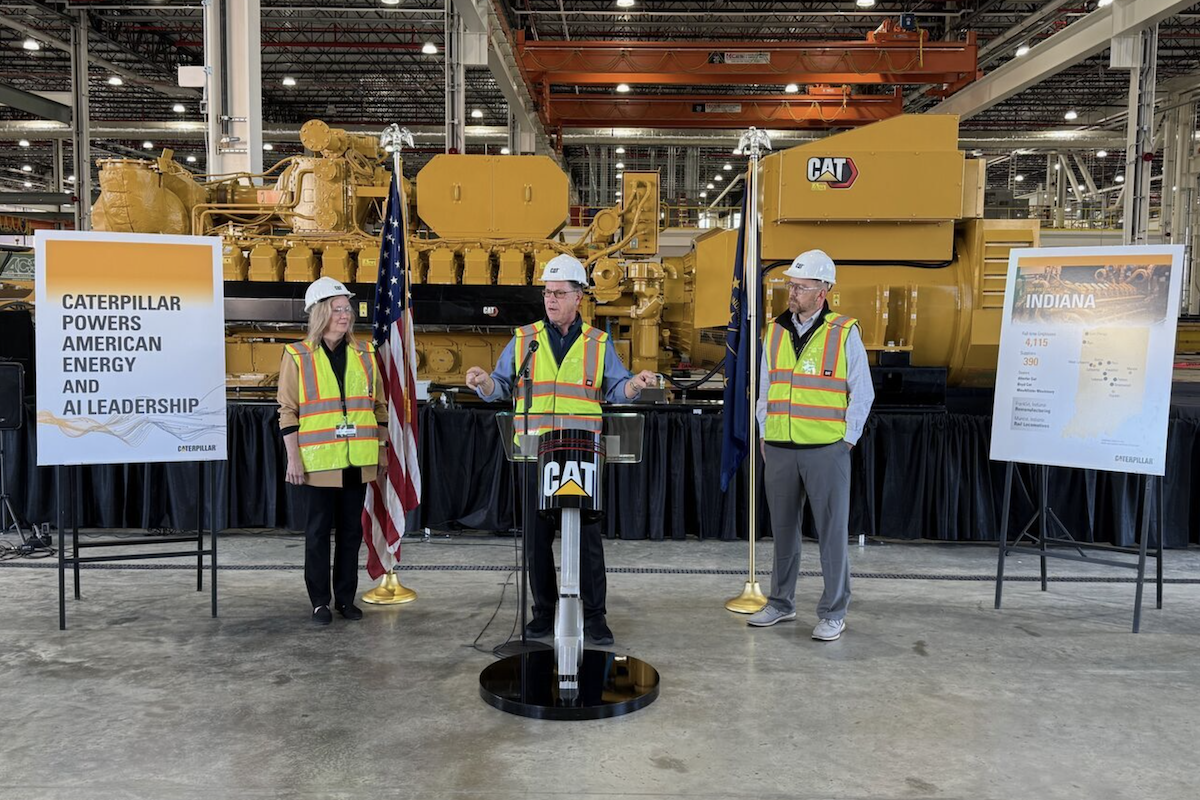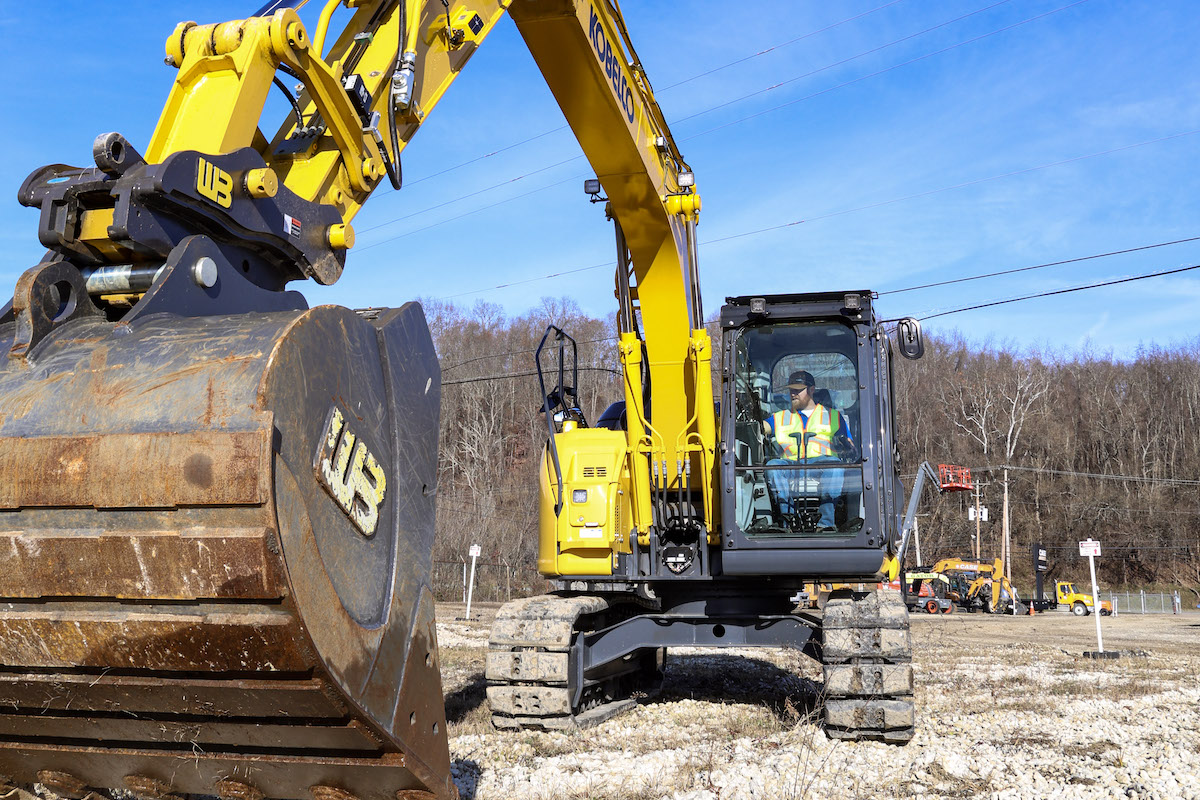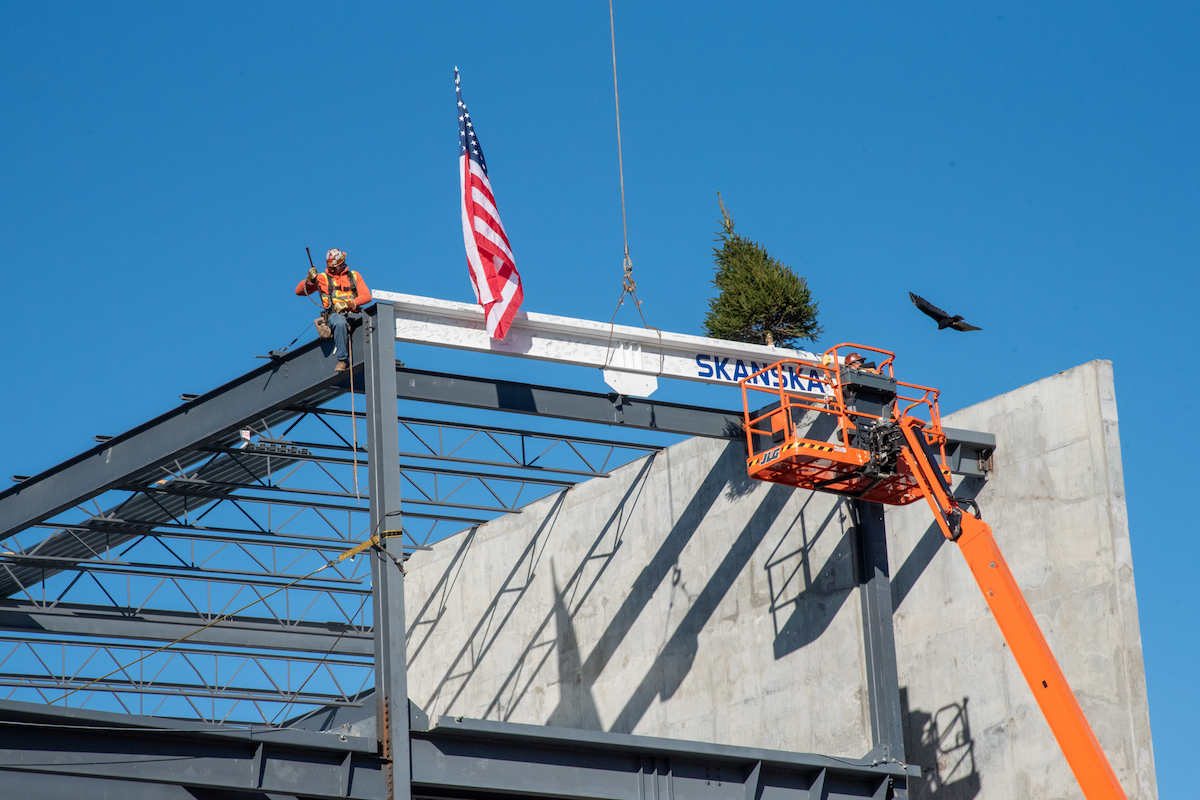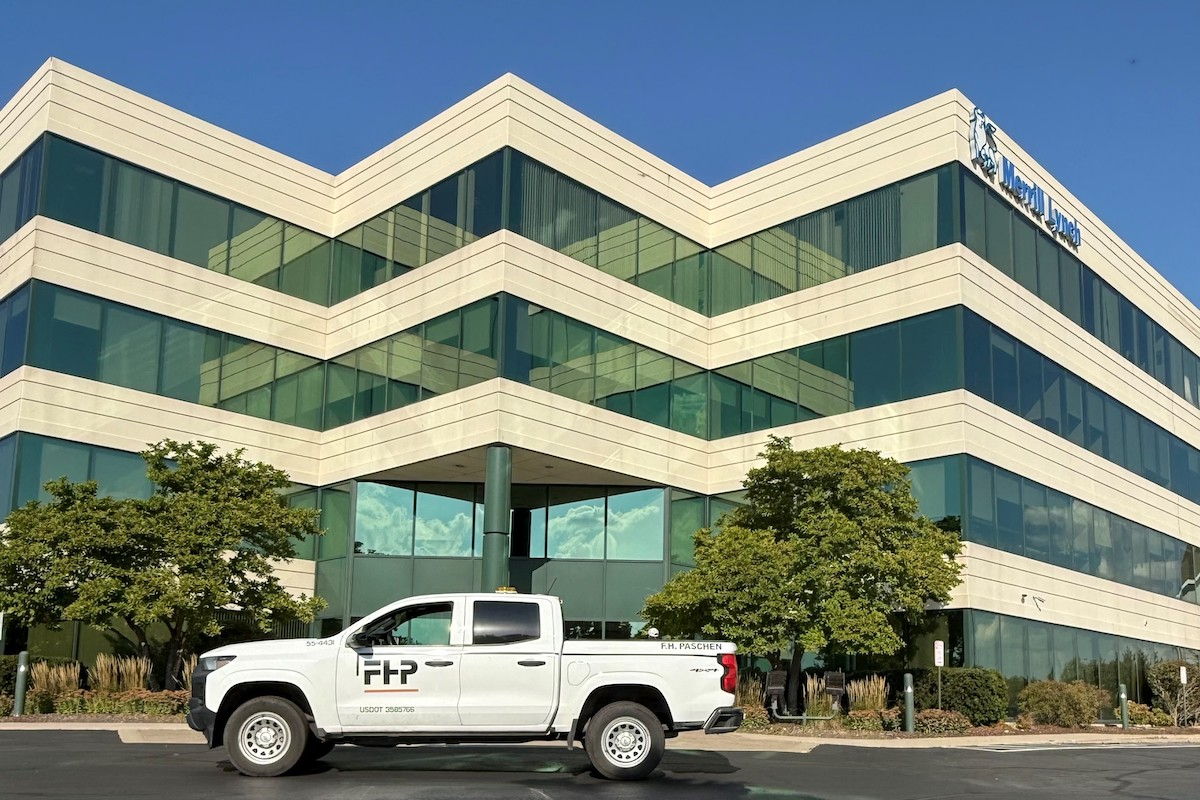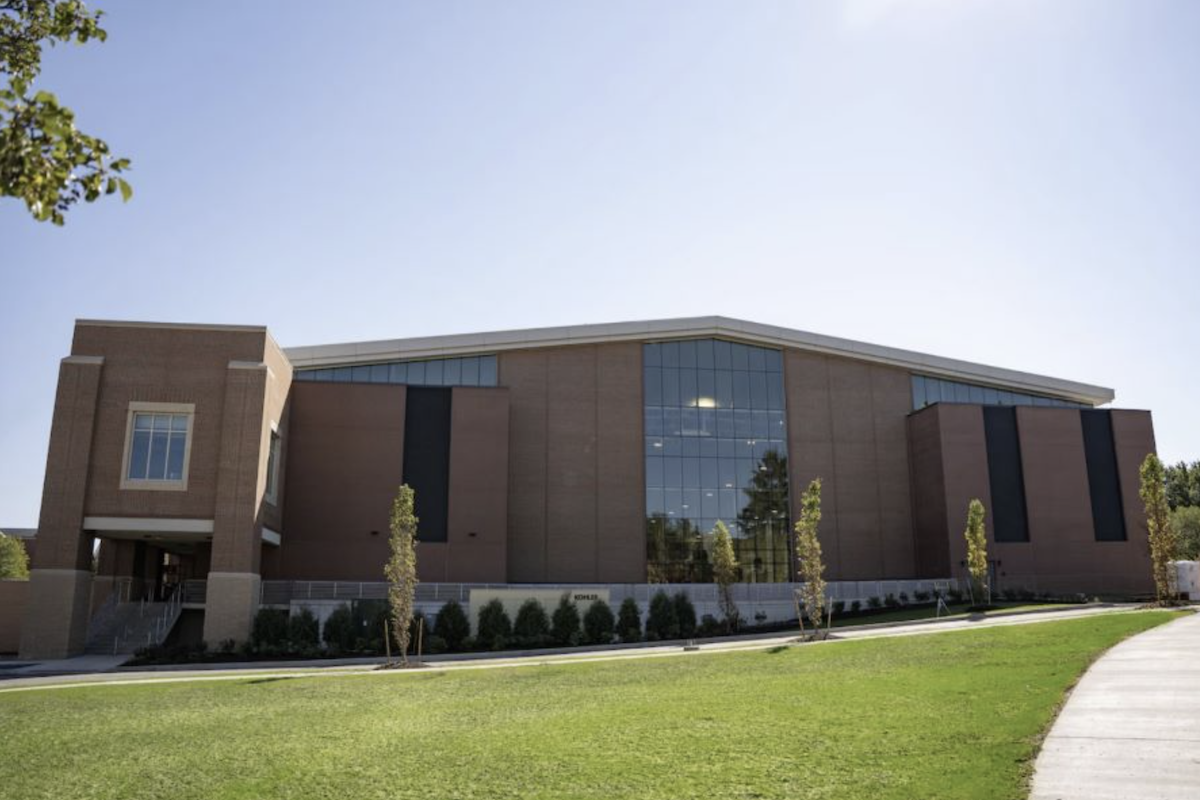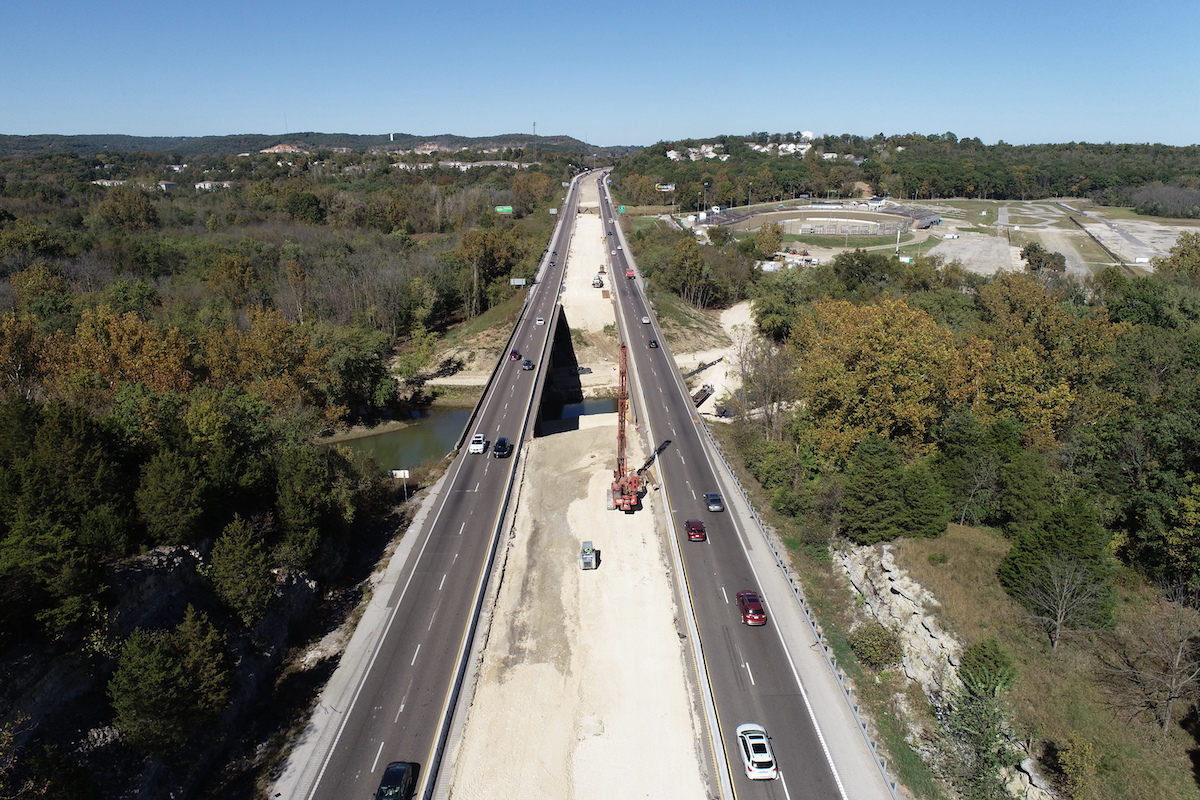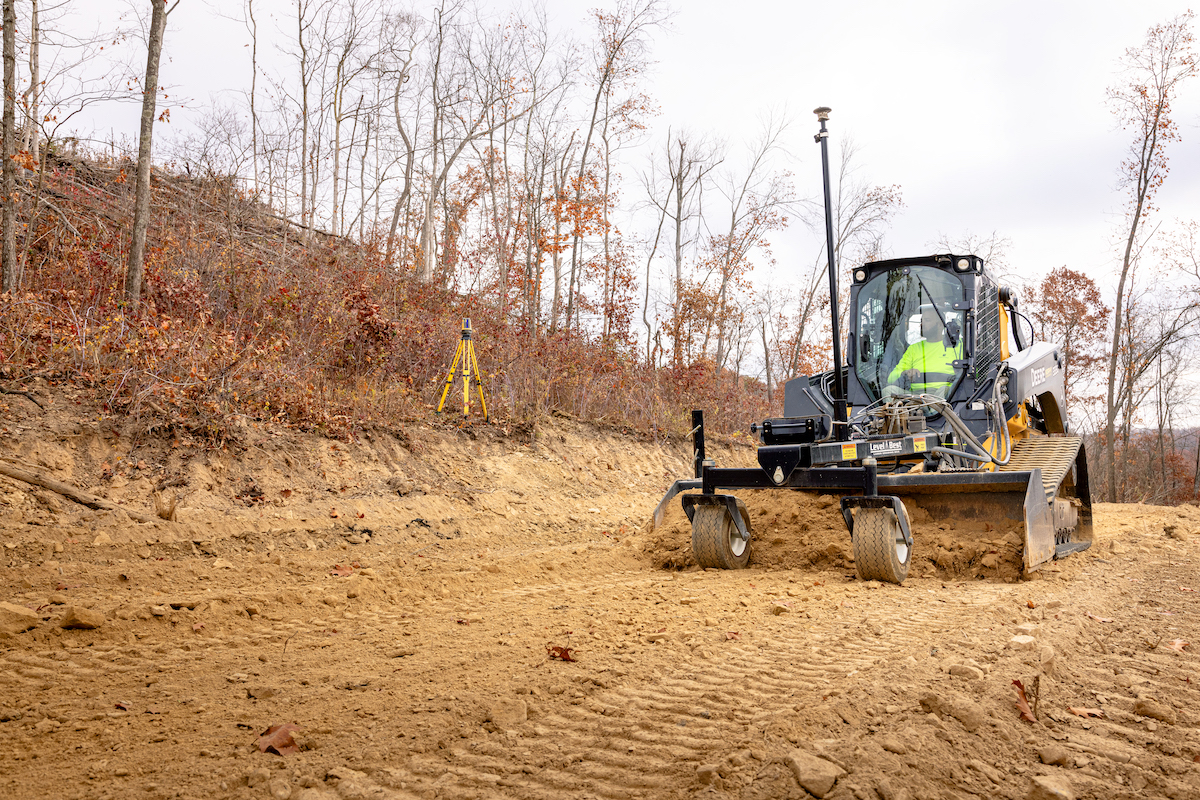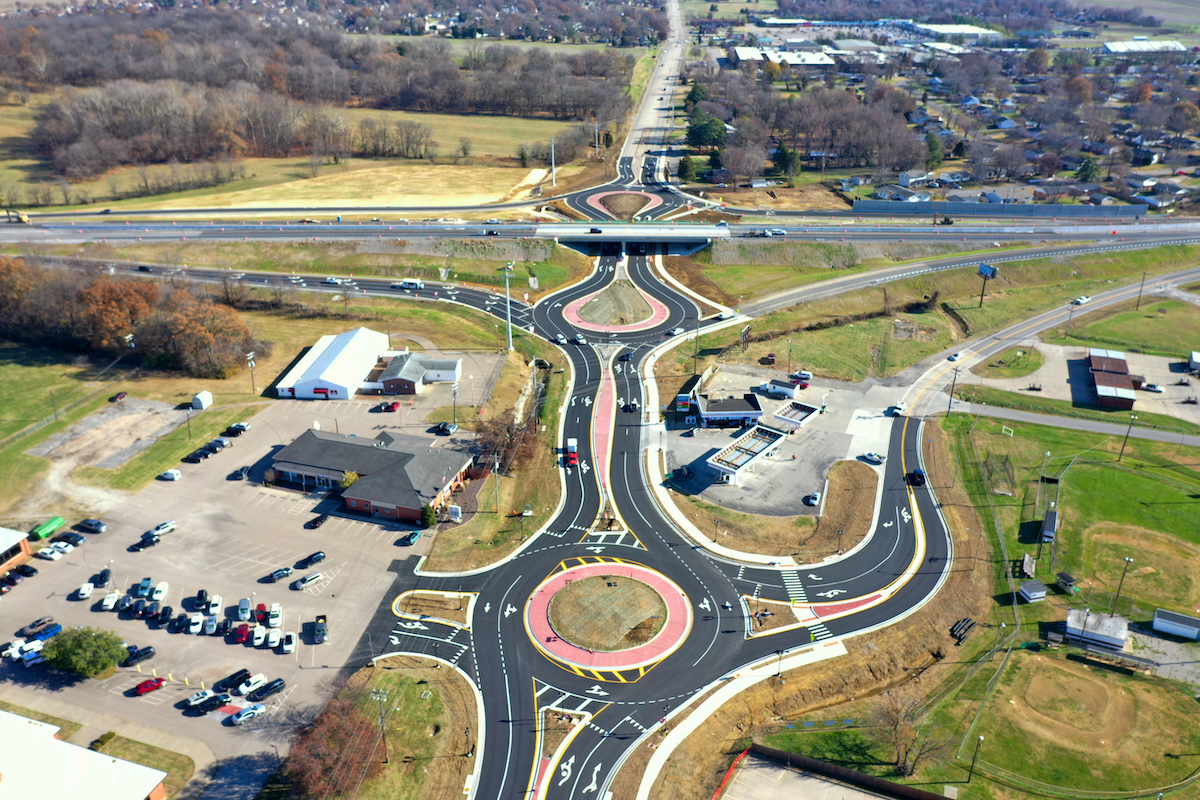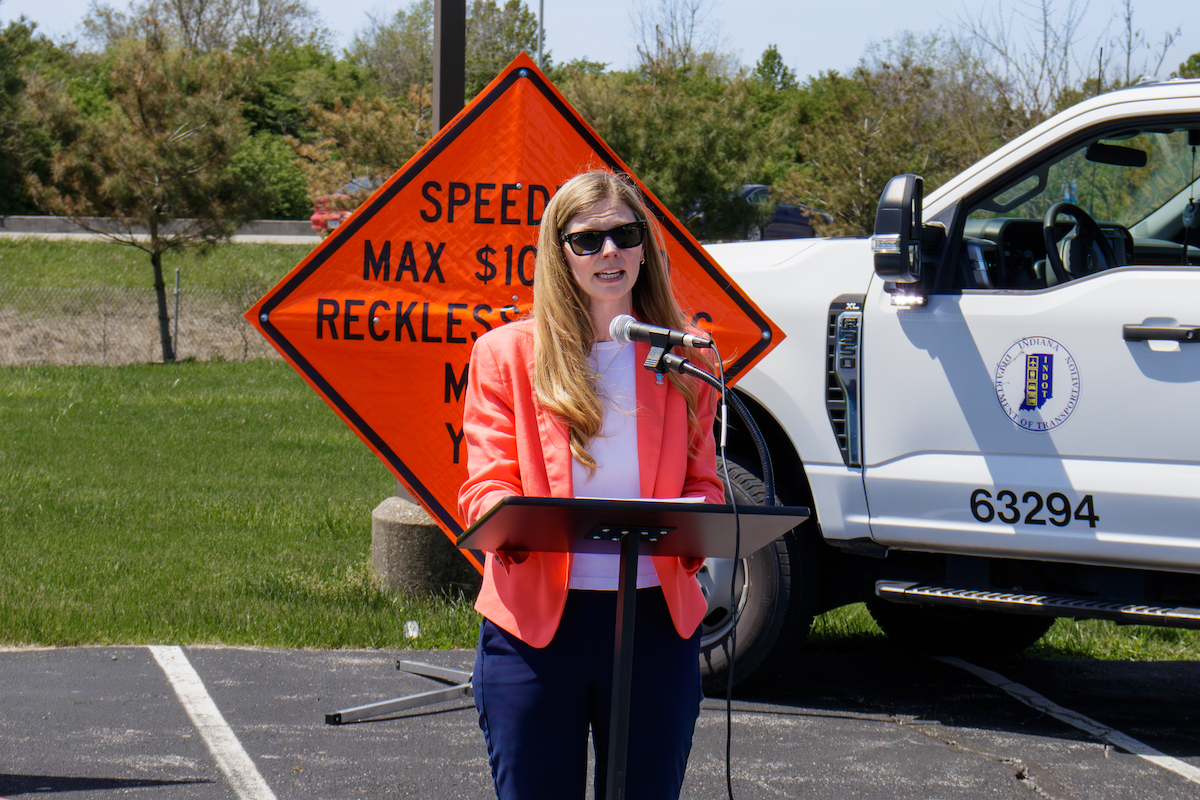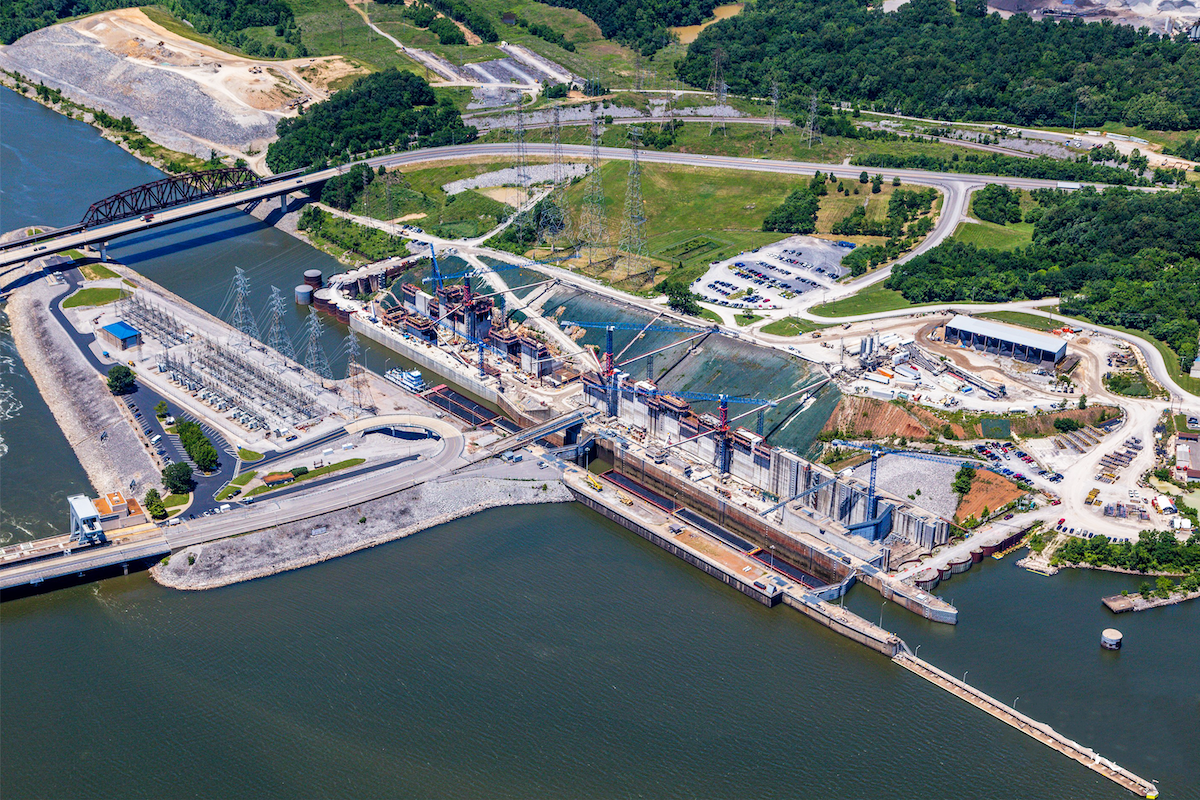“This project will dramatically improve pavement and safety for many years to come,” says Ray Marsch, Public Information Officer for ODOT District 4 in Akron. “This beltway project is the largest construction project in ODOT District 4 history.”
The interstates in Summit County date back to the start of the U.S. interstate system. Construction began on I-77 in 1961 and I-76 soon after. Today, interstate standards have evolved. About 110,000 vehicles travel daily through the Central Interchange of I-76/I-77 and SR 8.
ODOT awarded the design-build contract to RSS, a joint venture between The Ruhlin Co. of Sharon Center, Ohio, founded in 1915, and Shelly & Sands, of Zanesville, Ohio, founded in 1944. The joint venture functions as an integrated team. Parsons of Akron serves as the design partner.
Design-build often speeds a project to completion and allows for innovations from the design team. RSS offered at bid time and implemented through design, multiple alternative concepts and value engineering proposals.

| Your local Leica Geosystems Inc dealer |
|---|
| Laser Specialist inc |
Tom Powell, an Engineer at ODOT, explained during a meeting with potential subcontractors before awarding the contract to RSS that design-build saves costs due to collaboration and the speed of project delivery. The project included workforce diversity and inclusion goals for minorities and females.
This beltway project includes removing and replacing the old roadway pavement, storm sewer drainage, cement stabilization, along with updated roadway signs and safety improvements. Altogether, the joint venture will replace a total of more than 45 lane miles of asphalt pavement, which include rebuilding I-77 between U.S. 224 and SR 8, replacing pavement on I-76/I-77 from Princeton Avenue to the I-77/State Route 261 interchange, and pavement replacement on I-76, I-77 and SR 8 at the Central Interchange.
The work also entails resurfacing SR 8, adding a southbound lane on SR 8 between Carroll Street and Beacon Street and realigning left hand turn ramps from I-76 westbound to I-77 southbound and I-76 eastbound to SR 8 northbound to improve turn radius.
Crews also will remove the Lafollette Street Bridge and build a pedestrian bridge in its place. The new bridge for the Heritage Trail will link east and west Akron.
RSS will build two flyover interchange bridges – one from I-76 eastbound to SR 8 northbound and the other from I-76 westbound to I-77 southbound. More than 40 bridges will receive major to minor rehabilitation, with multiple widened for ramp reconfigurations. The project also includes the installation of sound barrier walls in various locations on I-77 and I-76.
“These bridges will be much safer for the motoring public,” Marsch says. “They have a better turn radius. Vehicles will be able to take this at a higher speed than what is currently in place and prevent future crashes from happening in this area.”
The team will replace the original pavement on the main interstate with full-depth asphalt pavement. The ramps on and off I-77 and I-76 will be paved with concrete.
The new bridges will have 16-foot-wide lanes, a 10-foot left shoulder on the inside and a 4-foot-wide right shoulder on the outside, with parapets on the sides. They have steel girders. The beams are 5 feet high and 150 feet long. Each beam weighs 50,000 pounds. Crews set the girders using nightly lane closures, lifting four beams into place with each engineered tandem pick.
The new structures are founded on concrete piers and abutments, most with drilled shafts, reaching 20 to 40 feet down to bedrock.
RSS uses GPS on its heavy equipment and drones to take photographs to monitor job progress.
Traffic management has presented several challenges. RSS has divided the project into six major phases, broken into 28 subphases. Between six and 10 of the locations are active at the same time.
“Over four and a half years every one of those 28 areas will be reconstructed,” Hill says. “We designed traffic patterns that met the scope requirements with an attempt to maximize work areas for construction efficiency.”
Although the interstates remain open, various ramps are closed, including I-76 eastbound to the Kenmore Leg northbound, the I-76/Kenmore Leg northbound to I-76 eastbound/I-77 southbound, I-76 eastbound to I-77 southbound and East Avenue to I-76 eastbound. These closures will remain through late fall 2024. “Traffic is flowing around us just about everywhere,” Hill says.
Marsch and Hill report great collaboration on the project with ODOT and RSS working together as a team and communicating well. ODOT anticipates the project will wrap up in 2025.
“This section of I-76/I-77 through the Akron Beltway is such a vital stretch of highway linking the cities of Akron, Canton, and Cleveland,” Marsch says. “This project will dramatically improve pavement and safety conditions throughout these routes, providing a much smoother ride for the motorists of northeast Ohio for many years to come.”
- Owner: Ohio Department of Transportation
- Engineer: Parsons, Akron
- Design-Build Contractor: RSS, a joint venture between The Ruhlin Co, Sharon Center, Ohio, and Shelly & Sands, Zanesville, Ohio
Photos courtesy of the Ohio Department of Transportation


















